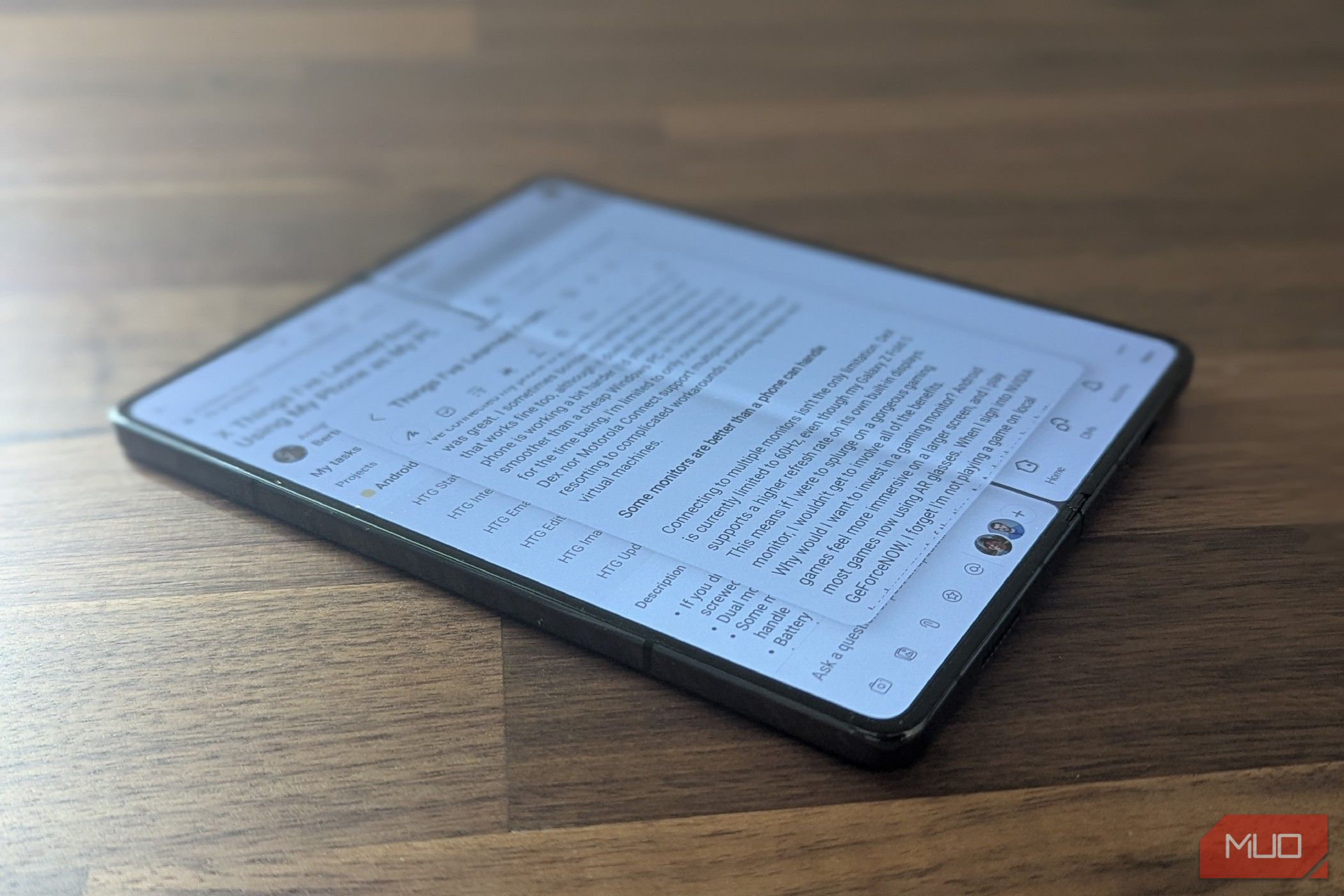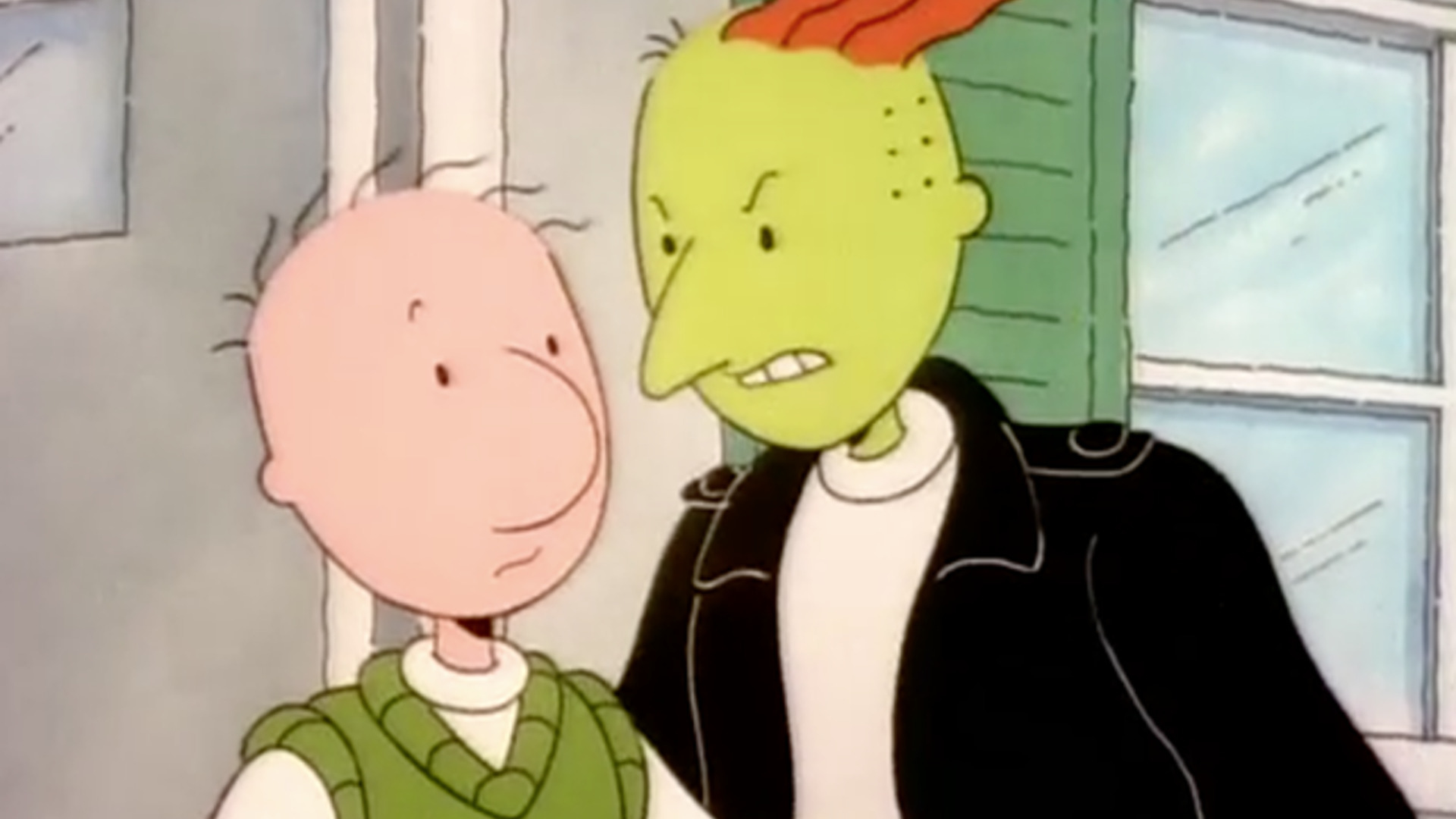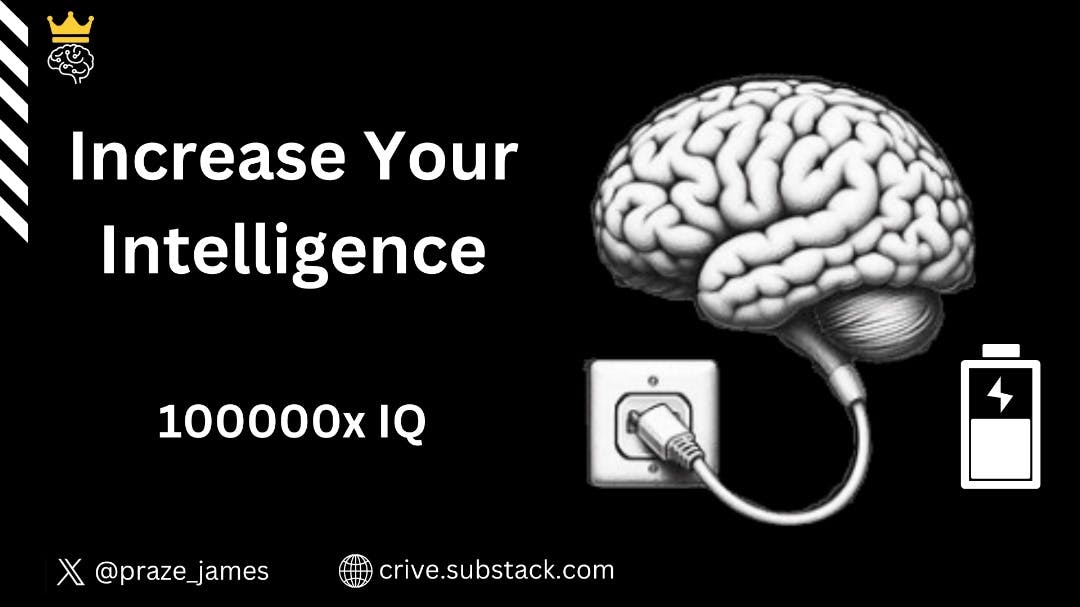If the documentary ‘Colón ADN. Its true origin’ is that, more than five centuries after his death, the explorer who discovered America to Europeans continues to arouse enormous, capital and, above all, passionate admiration. Enough so that the piece broadcast on Saturday by RTVE is grabbing headlines both inside and outside of Spain. Much less clear is the real objective of the documentary starring the coroner and professor at the University of Granada (UGR) José Antonio Lorente, which was to show in an incontestable way what the real birthplace of Christopher Columbus is.
And it is not surprising that this is so.
The doubts surrounding the admiral’s origin are not only a fertile field for science. For a long time they have also been true for identity, pride and money. Hence the answer to the question “Where was Columbus from?” It is the same today as it was three days ago, five years ago and it will probably be the same in the future: it depends. It largely depends on where the person you ask lives.
‘Columbus DNA. Its true origin. That is the suggestive title of the documentary announced with great fanfare by RTVE and which aired this Saturday, coinciding with Hispanic Heritage Day. As a hook it worked. That is unquestionable. For weeks now, media from both sides of the Atlantic Ocean have whetted the appetite of history fans with the great promise of RTVE’s work: revealing the conclusions of José Antonio Lorente, forensic scientist and professor at the UGR, who has been investigating for several decades. in the origins of the famous navigator.
That the piece aroused so much interest is understandable. First because Christopher Columbus continues to arouse obvious fascination. Second, because his origins have been the subject of debate for a long time, despite the fact that there is a widespread version, assumed even by the Royal Academy of History of Spain (RAH), which states that he was a native of Genoa. As if all that were not enough, Lorente is not just any coroner. His research is based on a project that in 2003 managed to exhume Columbus’ tomb in the Cathedral of Seville, as well as the tomb of his son, Hernando. Everything to clarify its origin using DNA.

“Compatible” with a Sephardic origin. Here’s a spoiler: the documentary has not settled the debate. Not at all. But that does not mean that throughout the work, which recounts Lorente’s investigation following the narrative of the true crimesome interesting statements slip in. For example, that the remains buried in Seville (very few) are indeed those of the admiral, something that was already categorically announced 18 years ago; or that Diego Columbus, whose bones have also been analyzed, would not have been the navigator’s brother, but rather a cousin, a fifth or sixth degree relative. If there is a powerful idea in the work, it is another one, however: the one that relates the origin of Columbus with the Sephardim of the western Mediterranean.
“In the mitochondrial DNA and in the Y chromosome of his son Hernando Colón there are traits compatible with his Jewish origin,” is revealed in the documentary, produced by RTVE and Story Producciones. To be precise, the research points to Sefarad, the Iberian Peninsula, where according to the authors’ own data there was a much larger Jewish community than in other regions of Europe, such as Sicily, home to about 40,000; or Genoa, where there would be no more than 15,000. That last statement is relevant because the Republic of Genoa is the place that most historians point to when asked to locate the admiral’s birthplace. Based on this and other arguments, Lorente’s study ends up pointing to the peninsular Levant.
Matter settled? At all. And for several reasons. The first is because the documentary may have sparked interest among the public, but it has left experts cold. Since Saturday, there are already several who question the form and claim to see no reason yet to rule on the substance. At the end of the day, Lorente’s study, supported by years of studies away from the spotlight, has been made known in a documentary with overtones of reality shownot in a paper after having passed a rigorous and independent review. We will have to wait for that publication.
At the end of November, a press conference will initially be held in which the scientific results that are barely shown in the documentary will be presented.

“Not a bit of information.” “Not a minimum of information is offered about what was analyzed. It does not show Columbus’s DNA at any time and scientists do not know what analysis has been done,” he comments to The Country the geneticist Antonio Alonso. He is not the only one who expresses himself in that direction. What’s more, there are those who question whether the father-son relationship between Columbus and Hernando, key to the study, is solidly proven or even warn that determining a “genealogy, halogroup or haplotype of Jewish ancestry does not call into question Columbus’ birthplace.” in Genoa.”
The community was expelled from that republic, as the La1 documentary recalls, but historian Arturo Rodríguez reminds elDiario.es that “that is valid only for the city.” “In Savona there was a Jewish community,” he recalls.
A Columbus, 25 origins. There is another reason why the work has not settled the debate. The same reason why it is unlikely to be closed unless conclusive and unquestionable evidence is presented. The mix between the fascination generated by Columbus and the mists that obscure his origins have facilitated the development of dozens of theories over the decades about his birthplace.
They claim Columbus in several dozen different points spread across the map, in Spain and other countries. RTVE itself speaks of up to 25 different locations: Quirós (today part of Greece), Sardinia, Corsica, Portugal… In Spain there are more or less belligerent theories that claim that he was born in Espinosa de Henares, Felanitx, the south of Galicia, Catalonia or even that it was exhausted.
The documentary supported by the study of José Antonio Lorente discards theories until it supports that of Francesc Albardaner, the author of ‘La catalanitat de Colom’, who defends that the navigator was a Sephardic Jew who was born into a family of weavers of silk from Valencia. He even maintains that hypothesis in the piece broadcast by La1 on Saturday. The problem, as the experts who have commented on the documentary have made clear (or have refused to do so), is that at least from what is now known, the investigation does not allow the debate to be settled.


Click on the image to go to the tweet.
“It has supported our theory”. And good proof of this is that, although Lorente himself goes so far as to say that Albardaner’s Valencian theory is the one that is “closest” to being true, there are those who interpret the results differently to endorse their own theories. You can see it in the newspaper today The Voice of Galiciawhich has published an interview with Eduardo Esteban, president of the Colón Gallego Association, in which he defends that if the work of RTVE has done anything, it is give rise to the hypothesis that Columbus was born or lived in Pontevedra.
“They list a lot of reliable evidence that continues to logically suggest that the possibility that Columbus was Galician is very broad,” Esteban ditches before remembering that Galicia “was a refuge for many people expelled from other parts of Spain.” “They are ours.” Jewish quarters, not only Ribadavia, but also Pontevedra. We knew that there was an important Jewish community and that is where we should look,” he advocates. What’s more, the expert slips that the documentary has managed to rule out other “far-fetched” theories. He maintains the Galician connection of Columbus, who would have been born or at least would have resided in the north.
“Reliably proven”. There is another reason to be skeptical about the possibility that the debate surrounding the origin of Columbus will one day be closed and the defenders of one theory or another will consider the debate closed. For one of the most authoritative voices probably on the matter, laRAH, the matter is already crystal clear. In the biography he dedicates to Columbus he states that he is Genoese.
“The testimonies of the time, including that of the discoverer himself in the founding document of the mayorazgo in favor of his son Diego, are unanimous when it comes to establishing the Colombo lot in Genoa. Furthermore, Genoese researchers have conclusively proven that The admiral was the son of Domenico Colombo and Susana Fontanarosso, both belonging to Ligurian families dedicated to textile manufacturing”, ditch. In case there were any doubts, he is often referred to as the Genoese.
Why the debate then? Aside from the evidence and arguments put forward by some and others, there is an explanation why so many theories have emerged about the origin of Columbus and there are some that remain especially belligerent, such as the Galician one: in a way to claim the birth of the navigator who ” discovered” America has become a matter of identity and pride.
Regardless of the controversy that his figure may arouse, the admiral also generates enough expectation to have become an interesting hook with a no less interesting economic aspect. The documentary is a clear example. The piece has been echoed in media such as The Guardian of the BBC.
The Columbus House Museums. Its attraction for tourism is also evident. Gran Canaria advertises its Casa de Colón, in the Vegueta neighborhood and visited by Christopher Columbus during his first trip to America; In the province of Pontevedra there is the Columbus House Museum and in Valladolid they have their own Columbus House Museum to commemorate the connection of the navigator with the municipality. Outside of Spain, one of the attractions that Genoa uses to attract visitors is precisely that it was the birthplace of one of the most famous explorers of all time.
There, near Porta Soprana, there is also a Columbus House, a reconstruction of the medieval building in which Columbus spent his youth. With his magnetic power more than 500 years after his death it is better understood that the answer to “where Columbus is from” is usually: “it depends”, it depends on the origin of who is speaking.
Images | John (Flickr) and Wikipedia
In WorldOfSoftware | The Middle Ages have a reputation for being a dark period. Until you discover the names they had for their pets











